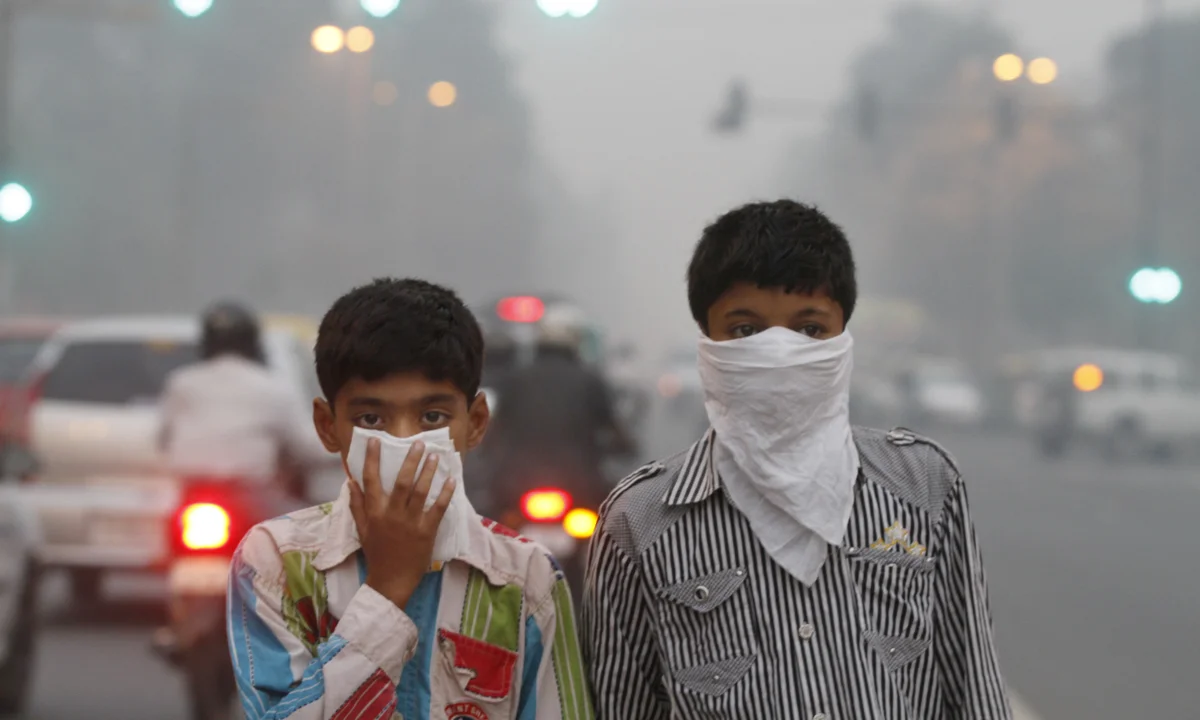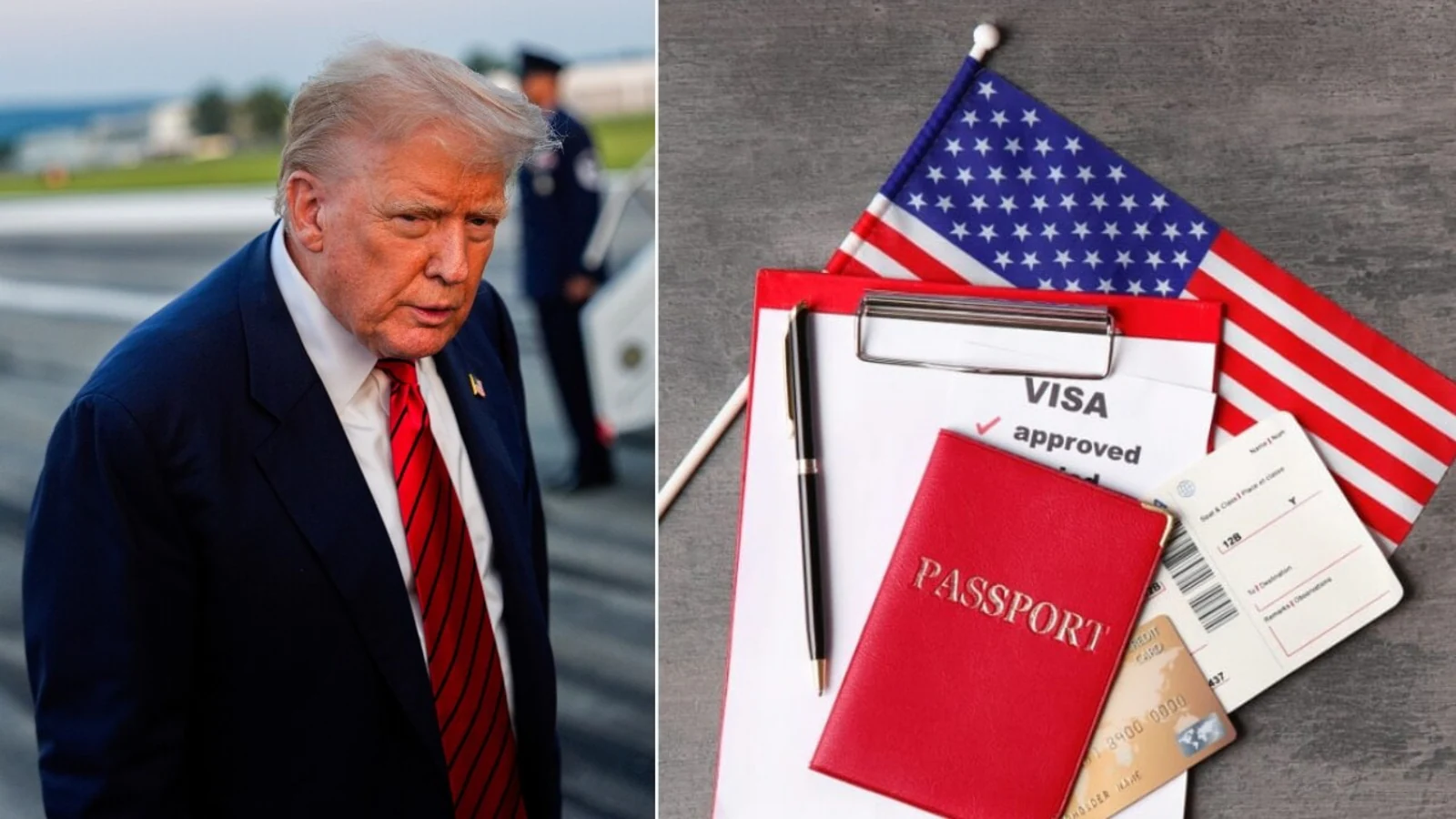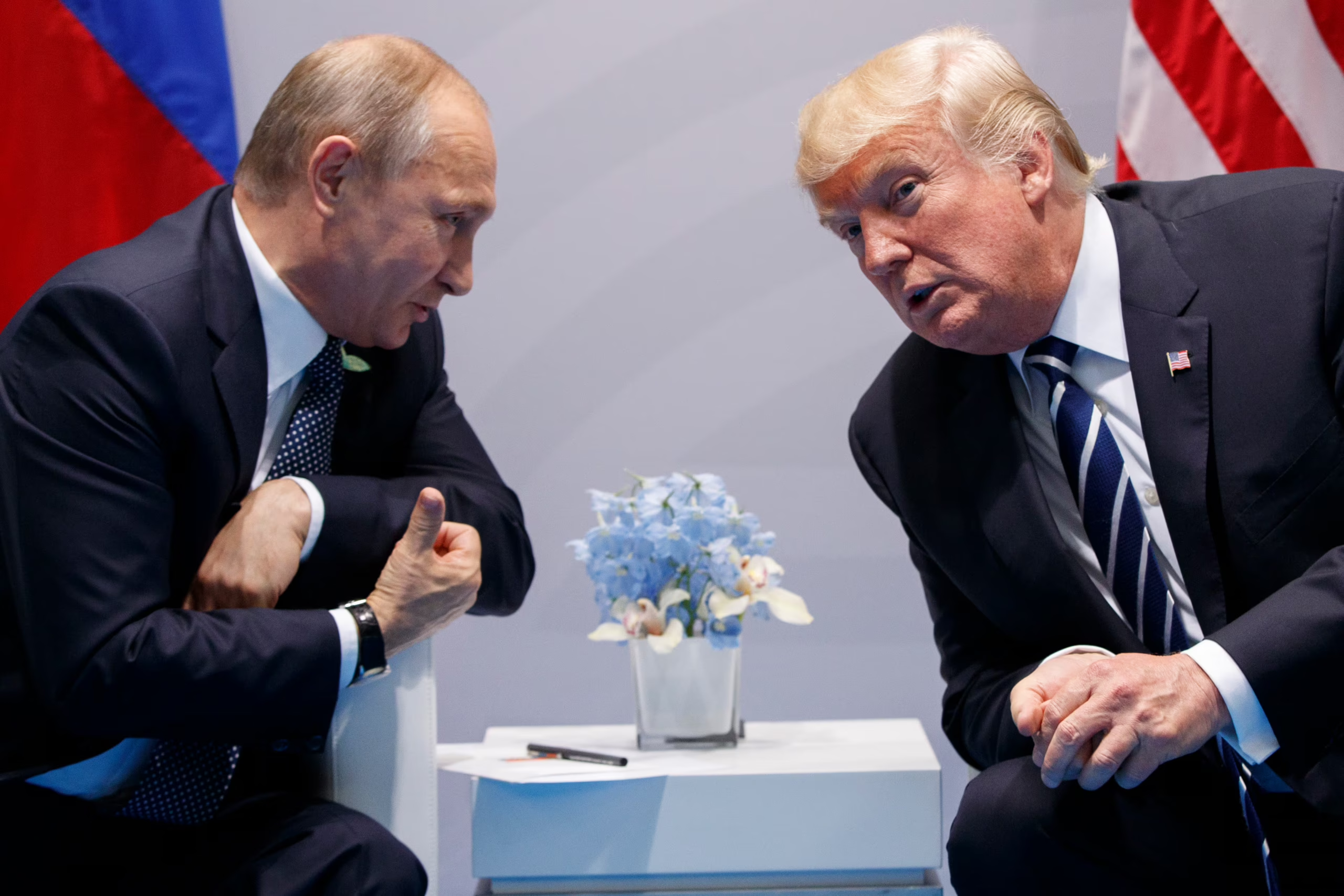
In a startling turn of events, Dodgers star Shohei Ohtani and his agent have found themselves embroiled in a controversy that extends beyond the baseball diamond. Allegedly, they are accused of deliberately sabotaging a substantial $240 million real estate project in Hawaii, shaking up both the sports and real estate communities alike. This incident not only raises questions about the integrity of high-profile athletes but also highlights the intricate web of influence, legal disputes, and financial interests involved in major development projects.
The Allegations and Their Origins
The accusations emerged from an anonymous source within the development industry, claiming that Ohtani’s representatives intentionally interfered with the project’s progress to potentially favor rival interests or for personal gain. The development in question was a large-scale luxury residential and commercial complex situated in a prime Hawaiian location, expected to boost the local economy and provide numerous jobs. However, recent reports allege that actions taken byOhtani’s team—possibly including legal delays, misinformation campaigns, or strategic legal opposition—have significantly hindered the project’s advancement.
Why Shohei Ohtani?
The Star Power and Influence of Shohei Ohtani
Ohtani isn’t just a baseball player; he’s a global icon who commands attention and influence far beyond sports. His popularity in Japan and among international fans has translated into a substantial business footprint, including endorsements, merchandise, and potential real estate investments. The controversy, therefore, is particularly notable because it involves a figure capable of swaying public opinion and attracting media scrutiny.
Connection to Hawaii Real Estate
Although Ohtani’s primary fame comes from his baseball career, the athlete reportedly has personal interests in Hawaiian real estate investments. This connection makes the accusations more complex, as critics suggest that his agent may have sought to manipulate or sabotage projects in Hawaii that Ohtani was either indirectly involved in or potentially could benefit from in the future.
Legal and Ethical Implications
Several legal experts have weighed in on the seriousness of these allegations. If proven, this case could involve:
- Actions constituting market manipulation
- Potential breaches of fiduciary duty
- Violation of local Hawaiian development laws
- Defamation or unfair business practices
Furthermore, questions arise about whether such actions violate the ethical standards expected of high-profile athletes and their agents. Such behavior not only tarnishes the reputation of the individuals involved but also impacts their contractual and endorsement deals, which are often contingent upon maintaining a positive public image.
Impact on the Hawaii Development Project
Economic and Community Effects
The proposed development was projected to generate significant economic benefits, including:
- Job creation for local residents
- Boost in tourism and hospitality sectors
- Enhanced infrastructure and amenities
However, delays and legal setbacks caused by the alleged sabotage have jeopardized these benefits. Local businesses and stakeholders are anxiously watching the situation unfold, concerned about prolonged uncertainty impacting their investments.
Legal Proceedings and Future Outlook
Currently, legal actions are underway, with developers and local authorities seeking to uncover the truth and hold responsible parties accountable. The case could set a precedent for how celebrity influence is regulated in large-scale development projects, especially in environmentally sensitive and economically vital regions like Hawaii.
Broader Implications for Sports, Business, and Ethics
This controversy underscores a broader discussion about the responsibilities and ethical obligations of athletes with significant influence and wealth. As sports figures increasingly cross over into business ventures, the line between their personal interests and professional conduct becomes blurred. The incident involving Ohtani shines a light on several key issues:
- Accountability and transparency in celebrity-led investments
- The influence of agents and representatives in business deals
- The importance of legal oversight in large development projects
- The potential for conflicts of interest when athletes engage in real estate and business ventures
Public Reactions and Media Coverage
The media has not held back in dissecting the details of this case, with headlines questioning whether this is a rare lapse in judgment or indicative of a broader trend of misconduct among high-profile individuals. Fans and industry insiders alike are divided—some defend Ohtani, citing his clean reputation and charitable work, while others call for thorough investigations to ensure accountability.
Conclusion: A Cautionary Tale for All
The allegations against Shohei Ohtani and his agent open a complex chapter in the intersection of sports, business, and ethics. While the truth remains to be fully uncovered, this incident serves as a reminder of the importance of integrity, transparency, and accountability—especially for influential figures in the public eye. Whether or not Ohtani is ultimately involved or exonerated, this case will undoubtedly influence how athletes and agents approach their off-field investments and dealings in the future.
As this situation develops, stakeholders across industries will be watching closely. It highlights the critical need for robust legal and ethical standards to prevent similar occurrences and to protect the interests of communities, investors, and fans alike.
For more updated news please keep visiting Prime News World.








